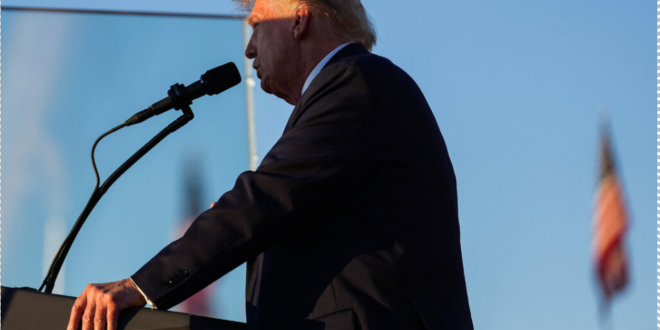Yehia Muhama
It has been a year since the Oct. 7 surprise attack on Israel led by Hamas, in which officials say 1,200 people were killed and about 250 others kidnapped.
Israel’s response — airstrikes and a ground invasion of Gaza — has led to the deaths of more than 41,000 Palestinians, according to Gaza health officials. The fighting has expanded to three fronts, and there is no clear path to a cease-fire. We asked Isabel Kershner, who has covered Israeli and Palestinian affairs for decades and is based in Jerusalem, to reflect on the past year of war.
You wrote yesterday about fear overtaking memorial preparations in Israel. Can you describe the mood over the past few days?
The mood in Israel in the run-up to the one-year mark is grim, to say the least. Instead of some sense of closure, the expanding war augurs more difficult days ahead.
Reflecting on the past year, what do you recall?
Soon after the Hamas-led Oct. 7 assault on southern Israel, a seasoned colonel in the military reserves told me that Israel’s counteroffensive against Hamas in Gaza, a narrow coastal strip, would take at least a year, or two, or three.
At the time, I found that hard to believe. A year on, that long war has broadened and intensified on several other fronts, with no end in sight — only a bottomless pit of suffering.
Any distraction in life or work feels frivolous or inappropriate. In a region engulfed in so much grief, loss and yearning, there is no room for celebrations. Birthdays are marked, religious festivals observed. Any personal pain is relative, always measured against the vast scale of the anguish of others.
What have you learned over the past year of reporting on this conflict
War tests a society’s limits. I have learned of the resilience of ordinary people, such as the relatives of hostages who were taken to Gaza. Parents, siblings and partners whose lives were upended in a moment and who have since crisscrossed the globe to meet with world leaders and tirelessly protested at home to advocate for their loved ones. And civilians in Gaza who by now have spent a wet winter, a burning hot summer and another fall in tents, displaced over and again.
I have also learned of the paucity of empathy for the other, on either side, at wartime.
Trump’s rambling speeches revive the age question
Donald Trump, now 78, will be the oldest president ever if he wins and finishes another term. His speeches have always been discursive and often untethered to truth. But with the passage of time, his public remarks have grown darker, longer, angrier and less focused, according to a Times review.
Earlier this month, Trump said the crowd watching his debate with Vice President Kamala Harris had been on his side. But there was no audience. It was hardly the first time Trump had seemed confused, forgetful, incoherent or disconnected from reality lately.
Details: According to a Times computer analysis, Trump’s rally speeches are now nearly twice as long as they were in 2016. He also uses more all-or-nothing terms like “always” and “never” than he did eight years ago, which some experts see as a sign of advancing age.
 موقع وجه أفريقيا موقع وجه أفريقيا هو موقع مهتم بمتابعة التطورات في القارة الأفريقية
موقع وجه أفريقيا موقع وجه أفريقيا هو موقع مهتم بمتابعة التطورات في القارة الأفريقية


